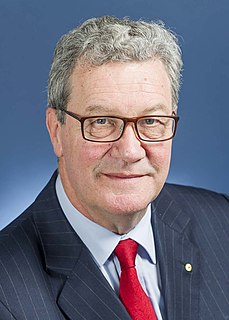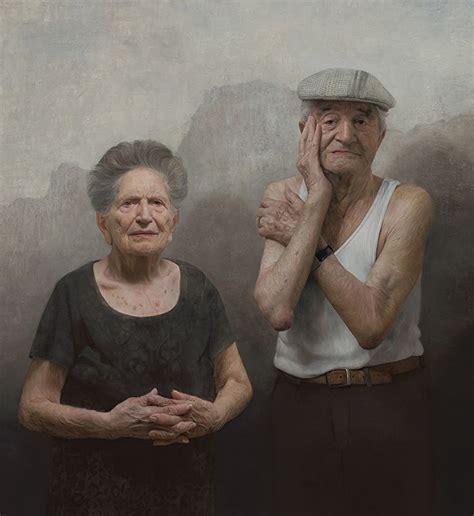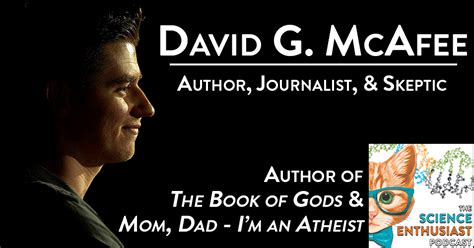A Quote by Chanakya
Svanaja includes in itself the whole subject, officials and ministers. If there is something wrong in the conduct of these people, it would be damaging the state. An administrator should strictly deal with it.
Related Quotes
I believe that should is one of the most damaging words in our language. Every time we use it, we are, in effect, saying that we are wrong, or we were wrong, or we're going to be wrong. I would like to take the word should out of our vocabulary forever and replace it with the word could. This word gives us a choice, and we're never wrong.
When you do calculations using quantum mechanics, even when you are calculating something perfectly sensible like the energy of an atomic state, you get an answer that is infinite. This means you are wrong - but how do you deal with that? Is there something wrong with the theory, or something wrong with the way you are doing the calculation?
The first act by virtue of which the State really constitutes itself the representative of the whole of societythe taking possession of the means of production in the name of societythis is, at the same time, its last independent act as a State. State interference in social relations becomes, in one domain after another, superfluous, and then dies out of itself; the government of persons is replaced by the administration of things, and by the conduct of processes of production. The State is not abolished. It dies out.
I want my paintings to give the viewer a true sense of reality - that includes but is not limited to depth, scale and a tactile surface as well as the real sense of what the subject looks like and is feeling at the time that I painted them. There should be a discourse between the viewer and the subject, to feel as though they are in a way connected. My goal is not to set a narrative but rather to have the viewer bring their own experiences to the painting and the subject as they would if they had seen the subject on the street in real life.
One of the great things about our democracy is it expresses itself in all sorts of ways. And that includes people protesting. I've been the subject of protests during the course of my eight years and I suspect that there's not a president in our history that at some point hasn't been subject to these protests.
The Muslim Arbitration Tribunal, if you look at its website, it basically deals with commercial disputes, it's not allowed to deal with matters involving children, it's not allowed to deal with criminal matters, it's subject to judicial review, it's subject to the Human Rights Act, it's subject to the Children's Act, and it's completely proper and right that it should be subject to all those things.
Strictly speaking, there are no such things as good and bad impulses. Think...of a piano. It has not got two kinds of notes on it, the 'right' notes and the 'wrong' ones. Every single note is right at one time and wrong at another. The Moral Law is not any one instinct or set of instincts: it is something which makes a kind of tune (the tune we call goodness or right conduct) by directing the instincts.
At the meeting I argued that the state had given us no alternative to violence. I said it was wrong and immoral to subject our people to armed attacks by the state without offering them some kind of alternative. I mentioned again that people on their own had taken up arms. Violence would begin whether we initiated it or not. Would it not be better to guide this violence ourselves, according to principles where we saved lives by attacking symbols of oppression, and not people? If we did not take the lead now, I said, we would soon be latecomers and followers to a movement we did not control.
Rulers, Statesmen, Nations, are wont to be emphatically commended to the teaching which experience offers in history. But what experience and history teach is this - that people and governments never have learned anything from history, or acted on principles deduced from it. Each period is involved in such peculiar circumstances, exhibits a condition of things so strictly idiosyncratic, that its conduct must be regulated by considerations connected with itself, and itself alone.
































